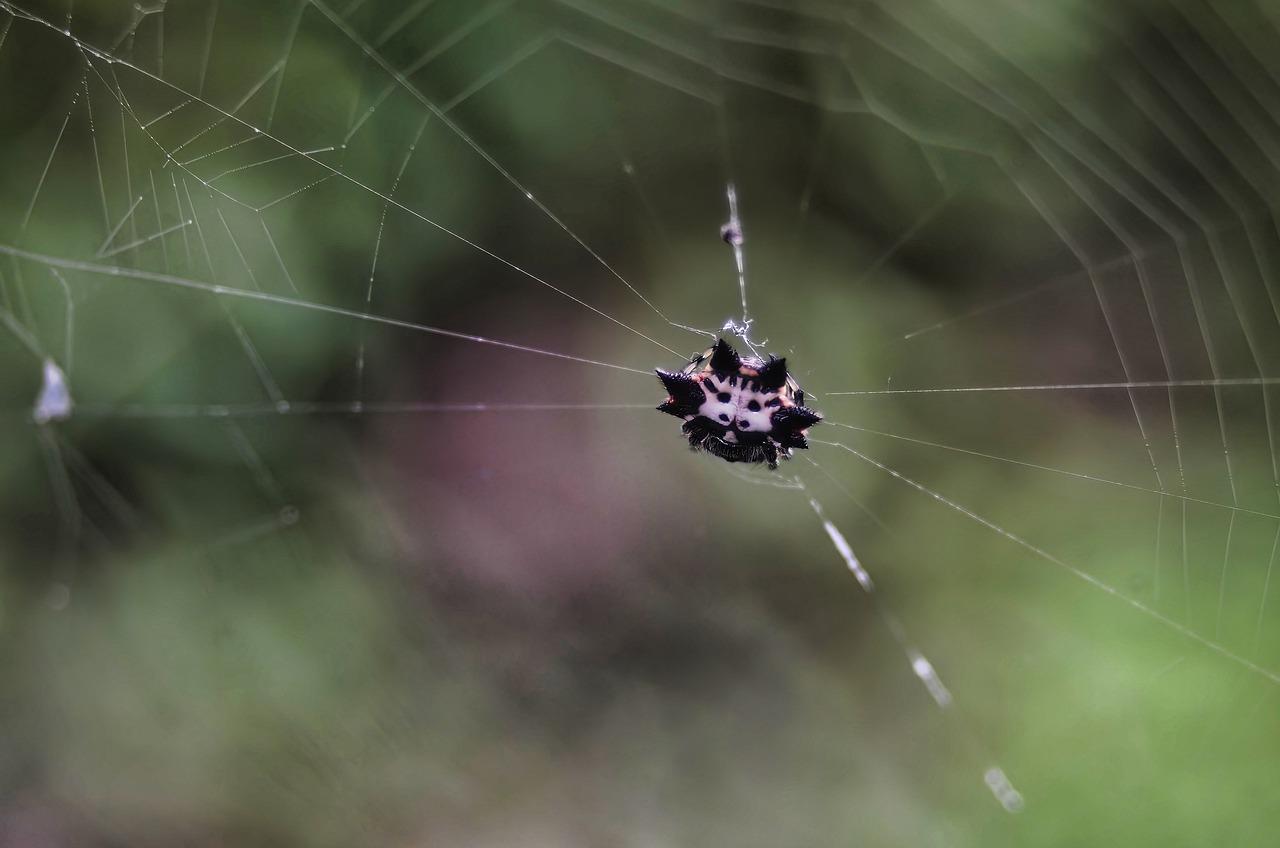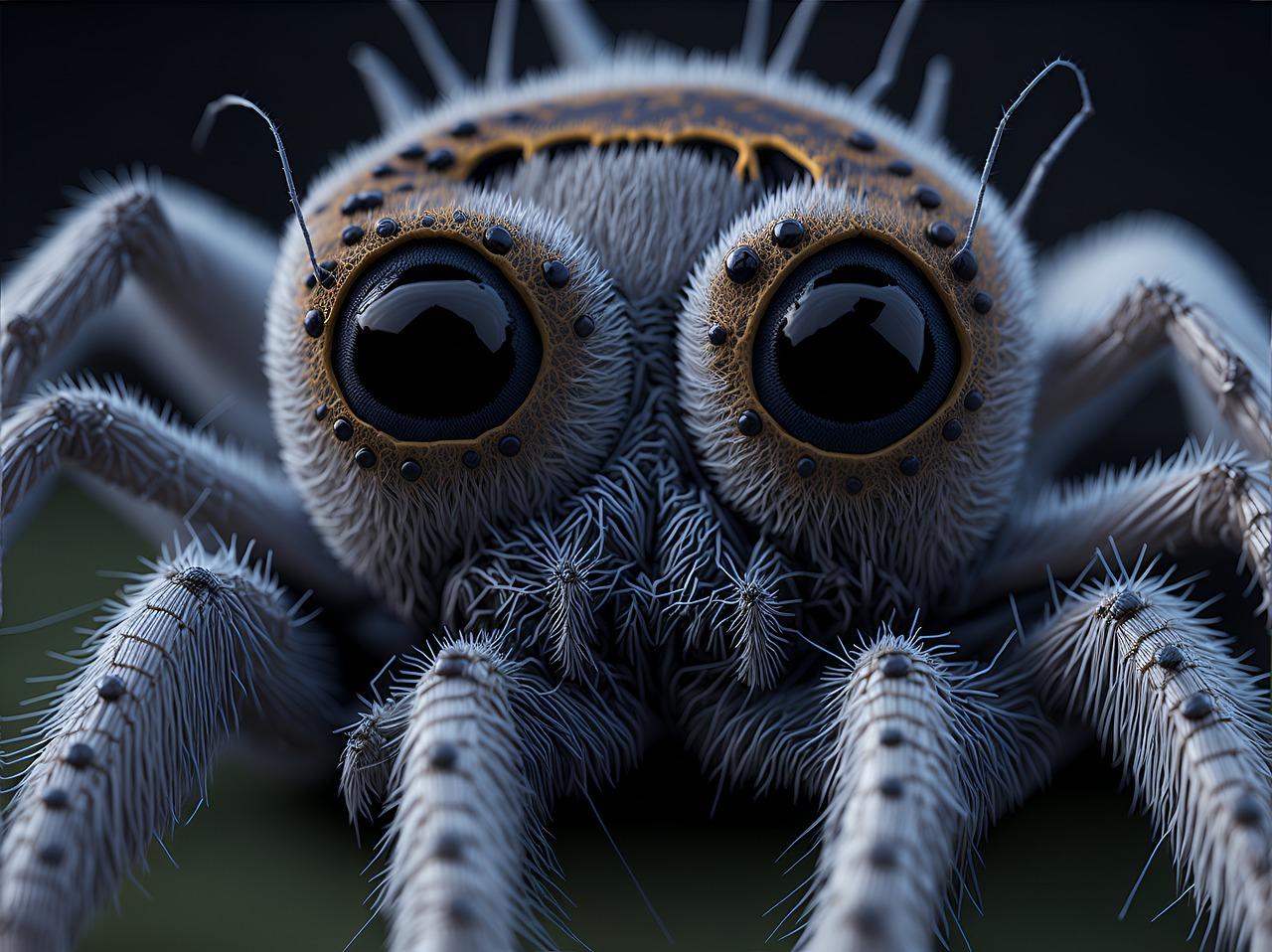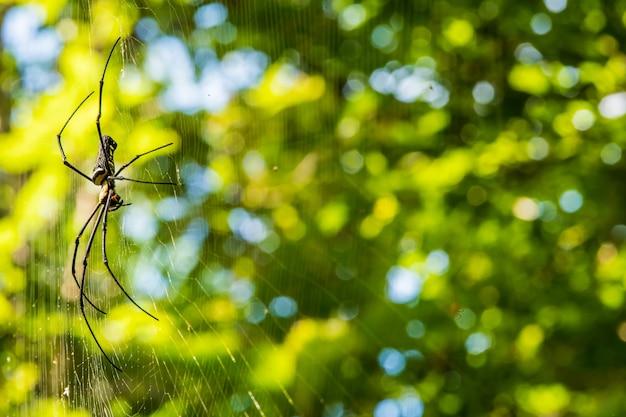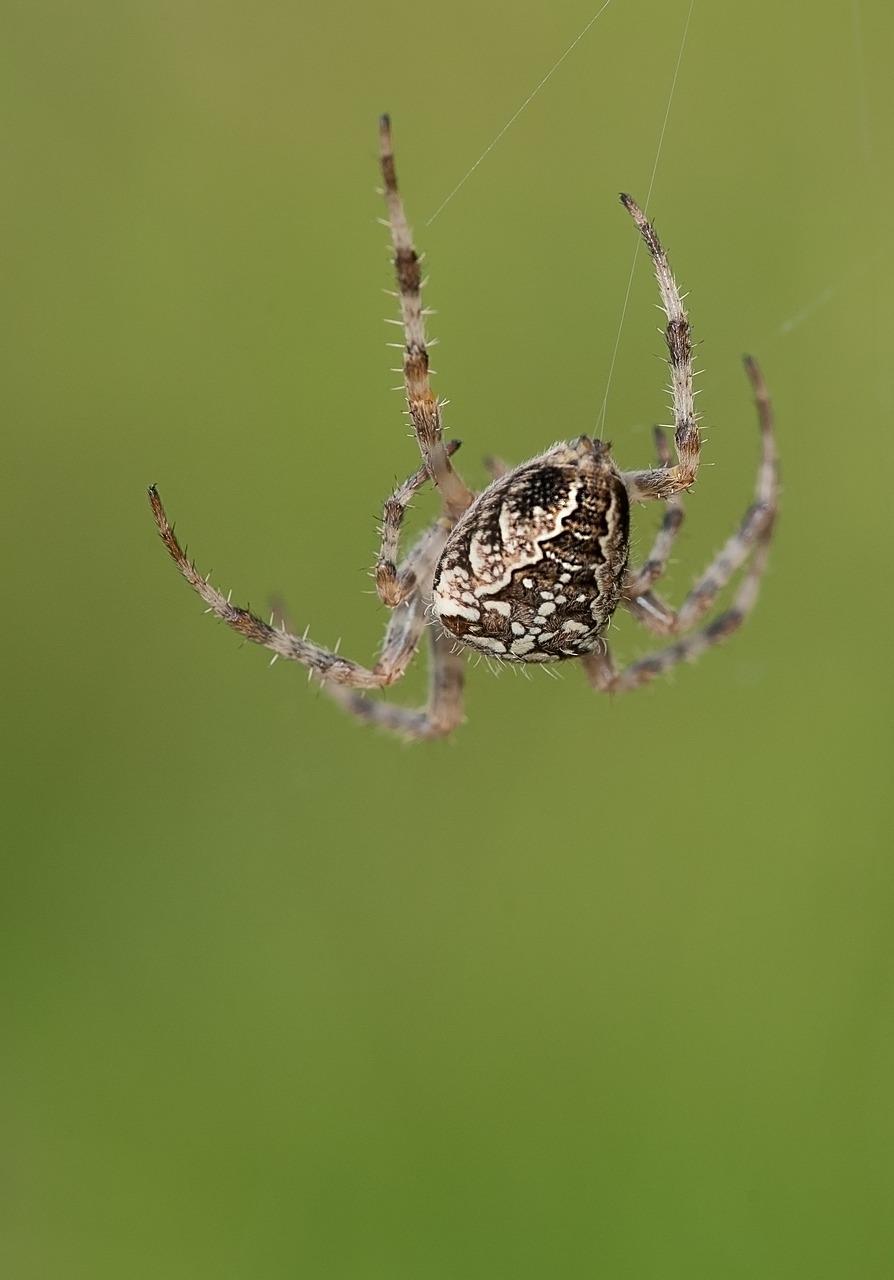Curiosity often strikes us when it comes to the lesser-known creatures of the animal kingdom. Spiders, with their eight-legged creepiness, often top the list of fascinating critters but also ignite a sense of unease. As we encounter these creatures in our daily lives, questions naturally arise – do they feel pain, fear, or even emotions? Moreover, what about insects? Do they experience pain when we squish them? In this blog post, we aim to uncover the truth behind these intriguing queries. So, let’s delve into the enigmatic world of spider sensations and insect sentiments.
Do Spiders Feel Pain
When it comes to creepy crawlies, spiders often get a bad rap. With their eight hairy legs, multiple eyes, and ability to conjure up screams from even the bravest souls, it’s no wonder they’ve been cast as the villains in countless horror movies. But do these seemingly emotionless arachnids actually feel pain? Let’s dive into the web of scientific research and unravel the truth.
A Question of Sensitivity
To answer the burning question of whether spiders experience pain, we must first examine their nervous systems. Much like ours, spiders possess nerve cells that allow them to sense their surroundings. However, their neurobiology is much simpler compared to mammals, which demands a closer investigation.
Delving into Spider Neurology
While spiders have nerve cells, they lack the complex vertebral column found in more sentient creatures. This means their sensory experiences are vastly different from ours. Scientists believe that spiders’ nervous systems are primarily focused on detecting vibrations, movements, and touch, rather than interpreting external stimuli as sensations of pain.
Displaying Pain-Like Behaviors… or Are They
Some researchers argue that certain behaviors exhibited by spiders could be indicative of pain. For instance, when a spider gets injured or trapped, it may engage in self-amputation to escape. Though this might appear like a painful act, it’s crucial to remember that spiders possess an incredible regenerative ability, allowing them to regrow lost limbs. This adaptive behavior is more likely a survival tactic rather than a response to pain.
Sensing Danger With Spider Senses
Spiders are masters at sensing their environment and detecting potential threats. Their highly sensitive leg hairs enable them to pick up on even the slightest vibrations. While they may respond defensively to perceived dangers, it’s important to note that this reaction is likely rooted in instinct rather than an experience of pain.
An Arachnid Conclusion
Although we can’t definitively answer whether spiders feel pain, scientific evidence suggests they lack the complex neural pathways necessary for such an experience. While some behaviors may resemble pain responses, they are more likely instinctual survival mechanisms. So, the next time you see a spider scuttling across your ceiling, rest easy knowing that your friendly arachnid neighbor probably isn’t suffering as much as you think.
In a Spider’s Web:
- Spider neurobiology is less complex than that of mammals.
- Spiders primarily rely on touch and movement detection.
- Behaviors resembling pain may be adaptive rather than indicative of pain.
- Spiders’ defensive responses are likely rooted in instinct.
- Scientific evidence indicates that spiders do not possess the necessary neural pathways for experiencing pain.
Do Spiders Feel Fear
When it comes to spiders, their eerie appearance can often send shivers down our spines. But have you ever wondered if these eight-legged creatures experience fear themselves? Let’s take a closer look at whether spiders feel fear or not.
Understanding Spider Behavior
Before we dive into the emotional world of spiders, it’s important to understand their behavior. Spiders are fascinating creatures known for their web-spinning abilities and impressive hunting skills. But unlike us humans, they don’t have a complex brain that enables them to experience emotions as we do.
The Role of Instincts
Spiders rely heavily on their instincts to survive and thrive in their environments. They are equipped with an array of sensory organs that allow them to detect vibrations, changes in light, and chemicals in the air. These instincts help spiders navigate their surroundings, find food, and locate potential mates.
Fear vs. Survival Instinct
While spiders may not experience fear in the same way we do, they do possess a survival instinct that helps them respond to potential threats. When a spider senses danger, it will typically resort to defensive behaviors, such as retreating or hiding. This instinctive response is purely based on survival and doesn’t involve any conscious fear.
Spider Anatomy and Fear
Another factor to consider is the structure of a spider’s brain. Unlike mammals, spiders have a decentralized nervous system, with clusters of nerve cells known as ganglia distributed throughout their bodies. These ganglia control specific functions but don’t form a centralized brain capable of generating complex emotions like fear.
Emotional Capacity of Spiders
While spiders may not experience fear per se, it’s important to remember that fear is an intricate emotion that requires a certain level of cognitive processing. Spiders lack the necessary brain structure and cognitive abilities to feel fear as we do. Instead, they rely on instinctual behaviors to protect themselves from potential threats.
The Spider’s Web of Survival
Spiders devote most of their energy to survival and reproduction. Their exceptional web-building skills are a crucial aspect of their survival strategy. By spinning intricate webs, spiders are able to catch prey efficiently while minimizing their exposure to danger. This instinctual behavior helps spiders maintain a successful hunting strategy without the need for emotional complexities like fear.
In conclusion, while spiders may possess a survival instinct and exhibit certain defensive behaviors, they lack the cognitive ability to experience fear as we understand it. Their behavior is driven by instinct rather than complex emotions. So the next time you come across a spider, rest assured that it’s not quivering in fear but rather focused on its web-spinning prowess.
Do Spiders Feel Emotions
Spiders are fascinating creatures with their intricate webs, creepy crawlies, and ability to evoke fear in many people. However, when it comes to emotions, we often wonder if these eight-legged critters possess any feeling at all. In this section, we’ll explore the topic of whether spiders have emotions or if they are simply robotic creatures going about their spider business.
The Emotional Spectrum of Spiders
To delve into the world of spider emotions, we must first understand the basic emotional spectrum in living beings. Emotions, such as joy, fear, anger, and sadness, are often associated with more complex animals, including humans. But spiders? Well, they seem a bit different.
Spider Senses: A Web of Investigation
Spiders, being arachnids, perceive the world through their sensory system. They rely heavily on touch, vibration, and chemicals to navigate their environment and capture prey. While these senses are necessary for survival, they don’t necessarily indicate the presence of emotions. So, it’s unlikely that spiders experience emotions in the same way we do.
Looking for Love in All the Eight Legs
One aspect that might make us think spiders have emotions is their courtship behavior. Male spiders often engage in elaborate dances or gift-giving rituals to attract females. However, these behaviors are more instinctual than emotional, driven by the spider’s innate need to reproduce rather than any romantic longing.
The Predator’s Predicament
Emotions often tend to involve some form of consciousness and self-awareness. While spiders may possess a degree of awareness, it is not to the extent that they can experience complex emotions like fear or anger. Instead, their behavior is largely driven by instinct and reflexes, as they hunt and survive in their spider world.
Spiders, Solitary Sentinels
Another factor to consider is that spiders are primarily solitary creatures. Unlike social insects, such as ants or bees, spiders don’t live in organized colonies or engage in complex social interactions. This lack of social structure further supports the idea that spiders lack the neurological capacity for experiencing emotions.
The Web of Conclusions
In conclusion, it appears that spiders do not possess emotions in the same way humans or other mammals do. They operate more on instinct and reflex rather than experiencing feelings like joy, fear, or sadness. While spiders may display certain behaviors that could be interpreted as emotional, these are more likely driven by survival instincts and mating rituals.
So, the next time you spot a spider scurrying across the floor, you can rest assured that it’s not plotting revenge or harboring secret emotional turmoil. It’s simply a little arachnid going about its spider life.
Do Insects Feel Pain When You Squish Them
When it comes to insects, there’s a lot of debate about whether they possess the ability to feel pain. It’s a question that has puzzled entomologists, bug enthusiasts, and the occasional curious backyard squisher for years. So, let’s delve into this sticky (pun intended) topic and find out if those tiny critters really experience pain when we squash them.
The Nervous System of Insects
To understand whether insects feel pain, we must first explore their nervous system. Unlike mammals with complex nervous systems, insects have a much simpler version. They lack a central brain that processes pain signals, leaving scientists scratching their heads (and fleas scratching their bodies) about the extent of their pain perception.
The Ouch-O-Meter for Insects
When we squish an insect, we often see an immediate reaction, like a scurry or a twitch. Some might argue that these movements are a sign of pain, while others argue that it’s merely a reflex action. This debate leaves us pondering the age-old question: Is it a genuine “ouch” or just an involuntary twitch?
To Squish or Not to Squish
Before you turn into a Shakespearean philosopher pondering the moral implications of squishing bugs, let’s consider some scientific viewpoints on this matter. Some researchers argue that insects lack the necessary brain structures to process pain, suggesting they don’t experience it at all. On the other hand, studies have shown that insects exhibit behavioral changes after experiencing physical damage, indicating a semblance of pain perception.
The Gray Area of Insect Sentience
Like the color khaki, the question of insect pain falls into a murky gray area. While insects may not experience pain in the same manner as humans, they have evolved mechanisms to respond to harmful stimuli. These responses could be considered a form of self-preservation rather than true pain. So, the next time you find yourself staring at a squished bug, know that science is still unraveling the mysteries of insect sentience.
The Humane Approach
Whether insects feel pain or not, it doesn’t hurt (pun intended, again) to take a humane approach. Instead of gleefully squishing them, why not try more environmentally friendly methods of pest control? We can all agree that nobody likes an unwelcome cockroach in their kitchen, but there are ways to handle the situation without resorting to unnecessary squishing.
While we can’t definitively say whether insects feel pain when we squash them, it’s safe to say that the jury is still out on this one. The question of insect sentience is a complex and ongoing scientific endeavor. So, the next time you see an unfortunate bug meeting its untimely demise, you can ponder whether it’s experiencing the equivalent of a tiny insect scream or simply going about its buggy business.



